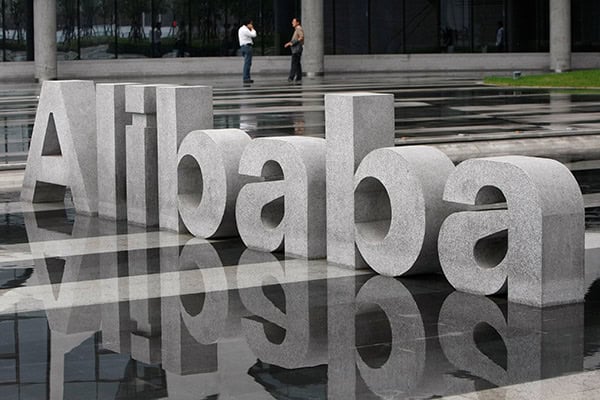BEIJING – Internet powerhouse Alibaba Group Holding Ltd has appointed a seasoned scientist at Amazon.com Inc to spearhead its efforts in artificial intelligence (AI), a move that will propel its so-called “NASA plan” to double up on technology research.
Alibaba in March announced a major project at its first technical meeting in Hangzhou, to galvanize the group’s technological capabilities, code-named NASA.
Since June, Ren Xiaofeng, former senior principal scientist at Amazon and a Chinese citizen, has taken on the role as chief scientist and deputy dean at Alibaba’s Institute of Data Science and Technologies, its global research and development center, the company confirmed on Monday.
Ren is recruiting a world-class computer vision team at a fast-expanding site in Bellevue, in the United States.

That’s according to Ren’s updated resume on the website of the University of Washington, where he also serves as an affiliate assistant professor of computer science and engineering.
In his four years at Amazon, Ren was the lead scientist at Amazon Go, using computer vision and machine learning, to transform retailing. The research led to the launch of an automatic check-out system that eliminates unnecessary and annoying customer waiting.
Prior to Amazon, Ren also had deep experience in vision-related projects at Intel Lab, working on computer vision and its applications in activity recognition and monitoring, robotics, and human-computer interaction. Ren holds a PhD in computer science from the University of California, Berkeley.
Alibaba said that Ren’s coming onboard indicated an accelerated pace to carry out the NASA project, proposed by founder Jack Ma in March, to boost the firm’s technological capacity in 20 years.
Ma said at the time that to meet the group’s strategic goal of serving 2 billion customers, creating 100 million jobs and enabling 10 million businesses to become profitable, Alibaba should invest in technological infrastructure featuring machine learning, chips, the internet of things and biometric identification, among others.














